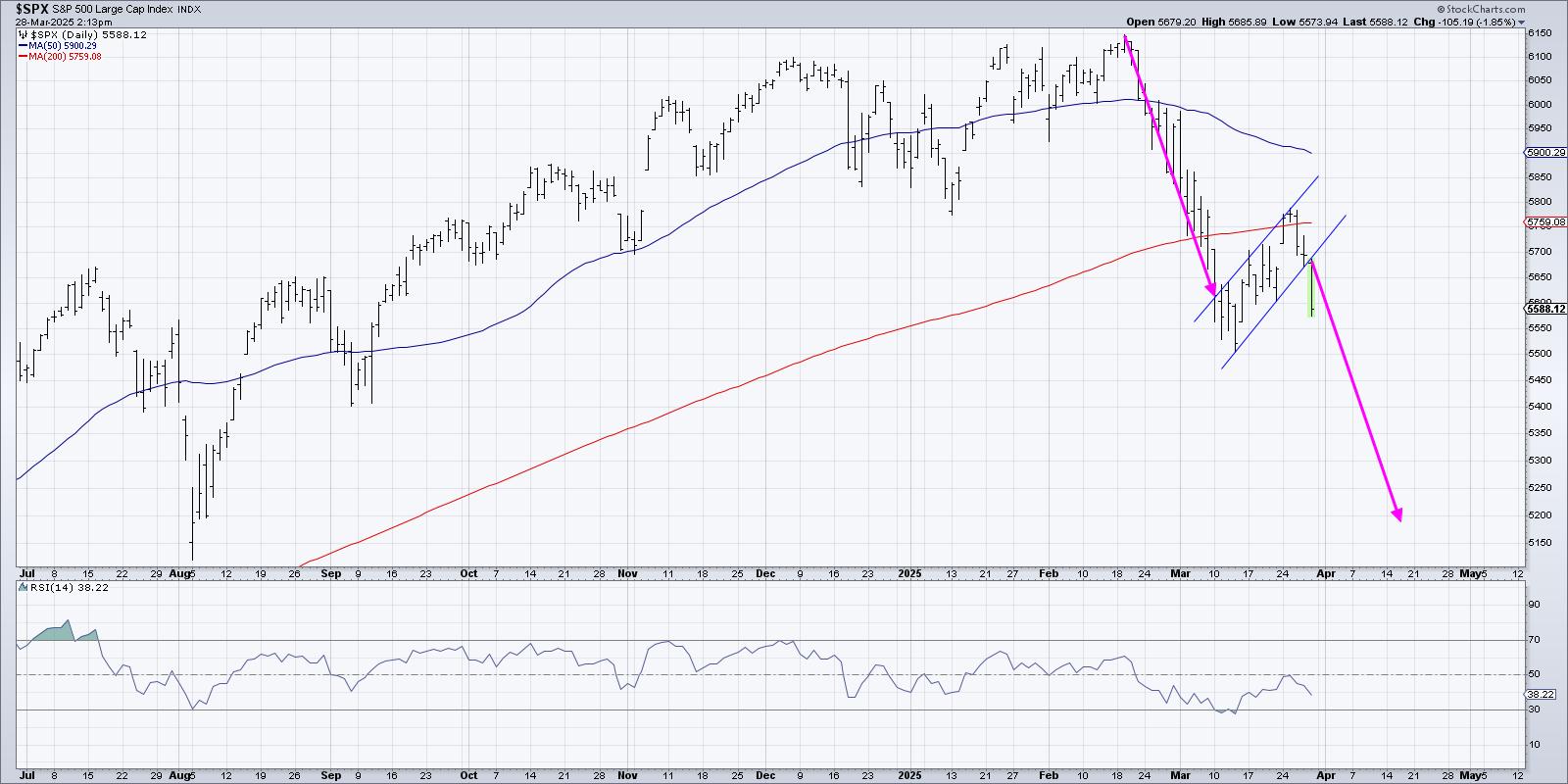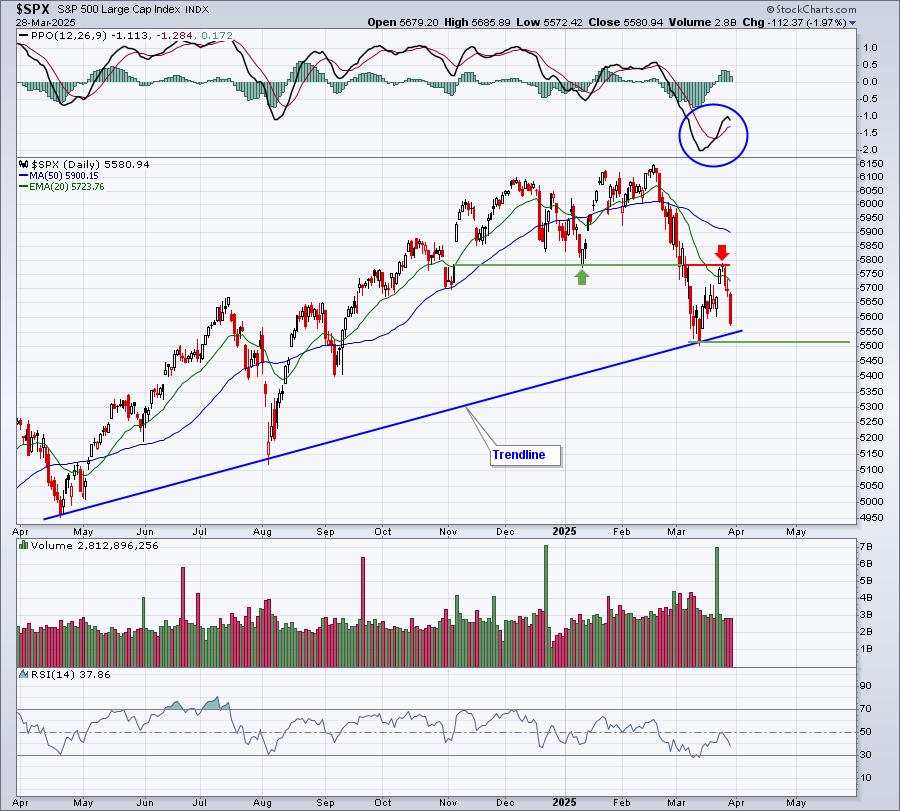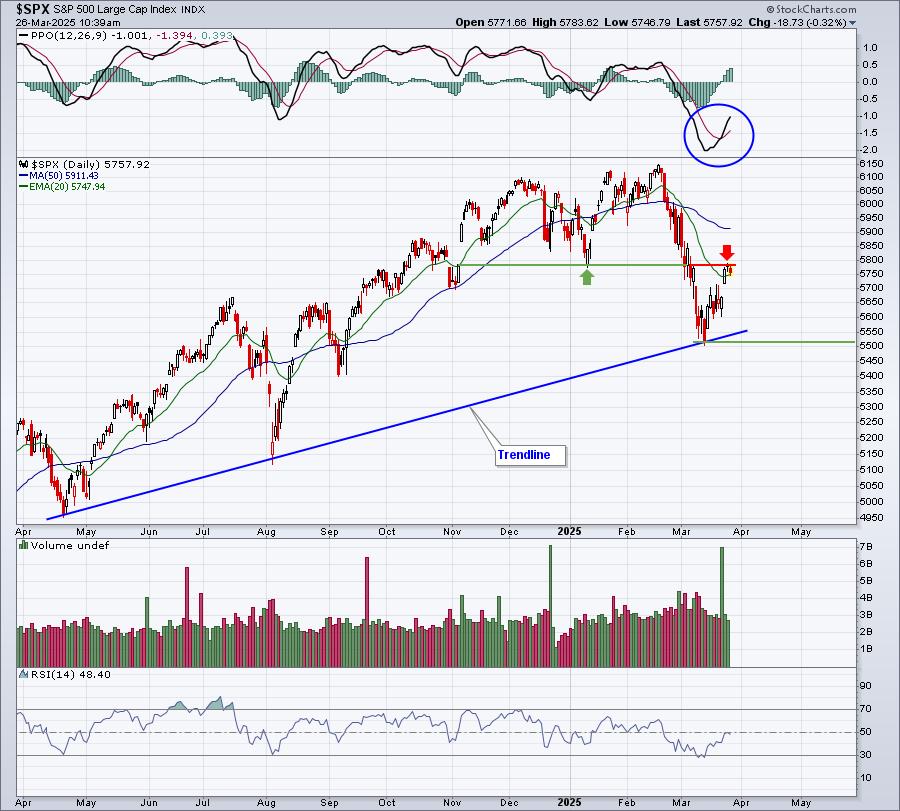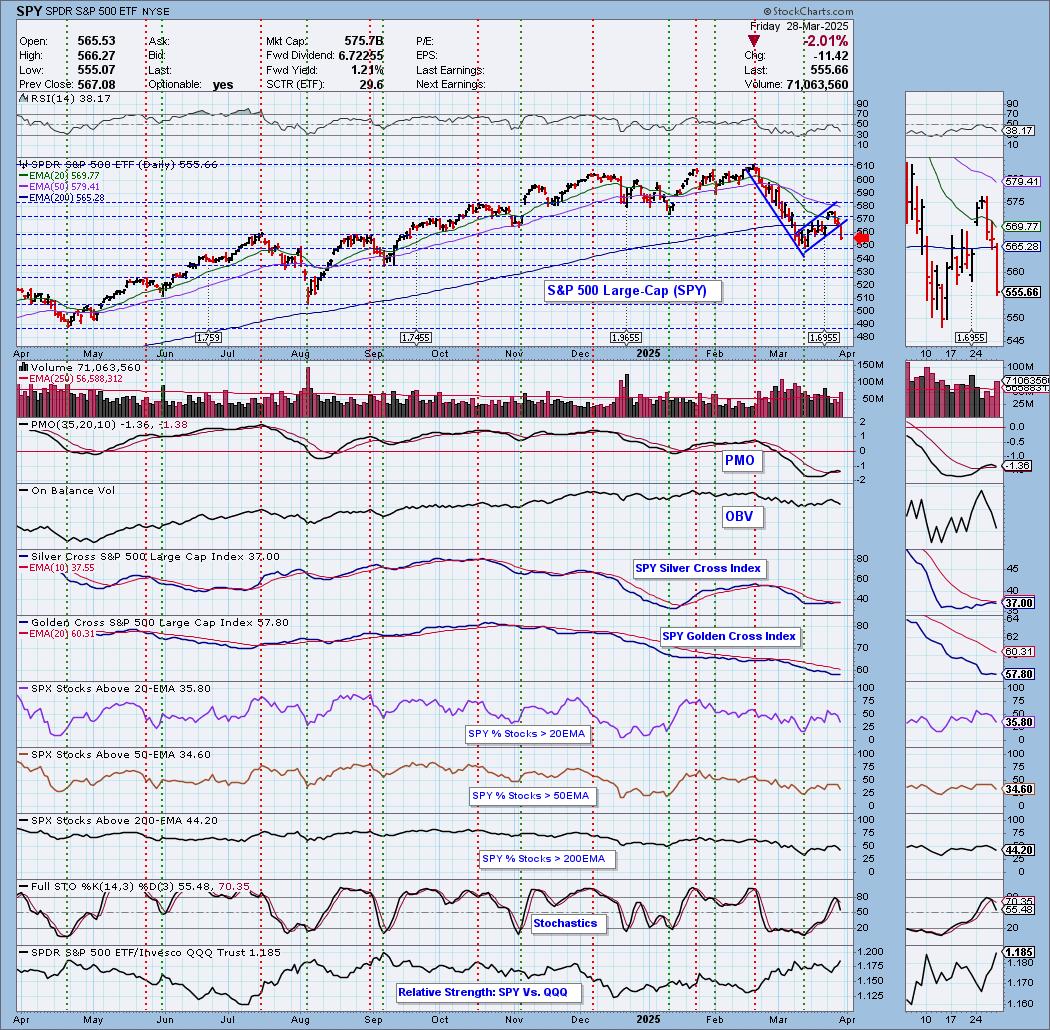 Profits are the product of practicing a persistent pilgrimage towards perfecting your sell disciplines. To paraphrase a sports cliche, without an exceptional defense you won't win championships. Michael Jordan has unequivocally stated that without the defensive wizardry of Dennis Rodman, the Chicago Bulls would not have been world champions in 1996, '97 or '98.
Profits are the product of practicing a persistent pilgrimage towards perfecting your sell disciplines. To paraphrase a sports cliche, without an exceptional defense you won't win championships. Michael Jordan has unequivocally stated that without the defensive wizardry of Dennis Rodman, the Chicago Bulls would not have been world champions in 1996, '97 or '98.
The analogy to profitable investing is crystal clear. On your personal team, your portfolio is always dependent upon a strong sell methodology. In my own 30 years of investing and trading, I've personally embraced a number of sports metaphors with rewarding results. This NBA basketball example is one of my favorites.
Back to our "take action" type of guy as Michael Jordan referred to Dennis Rodman. Even Phil Jackson - the Zen Master coach of the Bulls — admitted that it was profoundly difficult for him to accept the fact that the Bulls needed Rodman who had a reputation as being difficult and high maintenance. Jackson did, however, finally acknowledge Rodman's unusual skill set and that it was exactly what the Bulls needed. The Chicago Bulls organization was also banking on Coach Jackson's special coaching skills to make it all come together.
Against all norms at the time, Coach Jackson allowed Dennis Rodman to miss practices. Jackson embraced the reality that Rodman was a unique and different kind of player. While the team did drills on the court, Rodman spent his time pouring over films of his adversaries before each game. This was the brilliance of a defensive savant who was arguably one of the greatest defensive players in NBA history. Lost in the media focus on his tattoos, piercings and parties is the fact that Rodman researched in exhaustive detail and in great depth every adversary he was about to face — including opposing star players such as Magic Johnson, Larry Bird and James Worthy. He meticulously studied how they played, their weaknesses and subtle tendencies so he'd know how best to defend against them.
In doing so, Rodman turned his defensive focus, focus, focus into a craft all his own. By studying and memorizing the inclinations of each opponent, he could predict how they'd react and move even before they actually did. Getting into the weeds of defensive basketball may not sound sexy, but it certainly paid off for Rodman and helped win the Chicago Bulls multiple championships. It became an intellectual challenge for Rodman and a great source of pride. He investigated and analyzed how the ball would bounce and spin off missed shots by specific players from different angles on the court — thereby turning rebounding and defense into an art form. He showcased his ability to be where he knew the ball would go before it got there.
The parallels for us as investors to Rodman's remarkable legacy are many.
- Before you ever buy an equity, learn its tendencies and personality, and by understanding these markers, put in place your defensive strategy. Tactics come before trades. In other words, know where the exits are before you go into the building.
- Rodman knew how much space to give each and every offensive player, and it was different for each of them. The same is true for stocks.
- Michael Jordan referred to Rodman as a "take action" type of guy. With your sell methodology in place, there's no excuse for complacency. You, too, must take action when the market moves against you.
- Rodman explored and then rehearsed in his mind's eye how he would deploy his specific defensive skills set at game time. As investors, we must research and rehearse our trades as well. Visualize your exit before you have to leave.
- Defense and rebounding win NBA championships. Defense and a proactive selling methodology win profits and minimize losses in the markets.
- Rodman was renowned for his focus during a game. When others lost focus, he pounced. We investors must remember that if we lose our focus on the market, the market will not lose focus on us.
The bottom line is this. Every equity position in your portfolio has to earn its place. By the word "earn", I mean that you deem a particular stock more worthy than the thousands of other equities in the market. And it doesn't stop there. Monitoring (Stage 8 in our book) is that part of the your investing methodology that focuses on regularly revisiting a stock's "earnship". Think of it as a double entendre.
- Is your present equity still more "worthy" than the thousands of other options in the market?
- Consider its earnings as part of its "earnship"
Think about its quarterly earnings — both its projections and its actual reported earnings — since this is ultimately what drives a stock price.
My point is that at some moment your stock will cease to be worthy. Enter your selling methodology. Don't just sit and pray, waiting for some desired outcome. Other equities will become more worthy if you take your eye off the ball you own. You must put your ego aside, respect this fact, and act decisively to make a change. Let me say that again. Get your ego out of the way. Where the market is telling you that you are wrong, you must stop being wrong. Sell your position in part or in whole.
I suppose a synonym for this whole dance is to let relative strength — or relative worthiness — be your mantra. Better yet, think of it as "Sushi Investing". When it starts to smell a bit off, it's probably past its expiration date and needs to be sold quickly. "Discount Sushi" is not a restaurant you want to frequent! Sushi and stocks are similar in this respect.
Next week in Part 2, we'll delve into specific mechanics and examples of two specific selling methodologies. In the meantime, I ask you to role play using the six Dennis Rodman defensive principles and apply your own selling tools to these three stocks: Redfin Corp (RDFN), 1 Life Healthcare (ONEM) and Pinterest (PINS). Yes, call it homework! Next week, we'll explore each of them in great detail.
Trade well; trade with discipline!
Gatis Roze, MBA, CMT
- Author, "Tensile Trading: The 10 Essential Stages of Stock Market Mastery" (Wiley, 2016)
- Developer of the "Stock Market Mastery" ChartPack for StockCharts members
- Presenter of the best-selling "Tensile Trading" DVD seminar
- Presenter of the "How to Master Your Asset Allocation Profile DVD" seminar
Trade well; trade with discipline!
Gatis Roze, MBA, CMT
- Author, "Tensile Trading: The 10 Essential Stages of Stock Market Mastery" (Wiley, 2016)
- Developer of the "Stock Market Mastery" ChartPack for StockCharts members
- Presenter of the best-selling "Tensile Trading" DVD seminar
- Presenter of the "How to Master Your Asset Allocation Profile DVD" seminar






